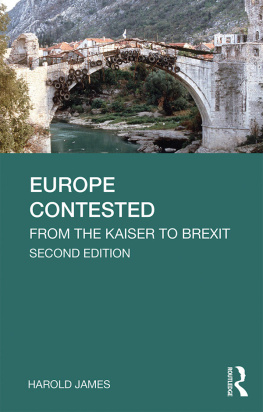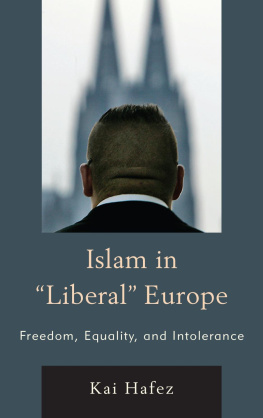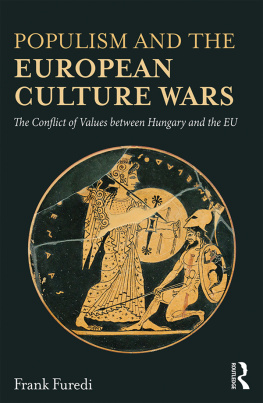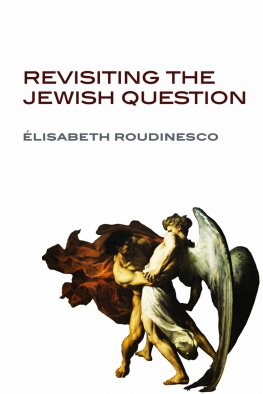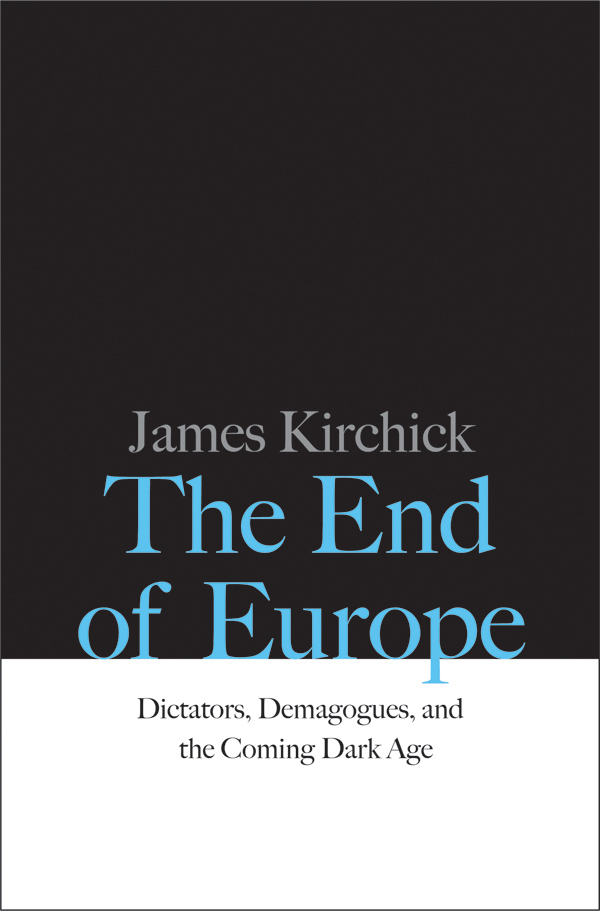Contents
Guide
Pagebreaks of the print version
THE END OF EUROPE
JAMES KIRCHICK
The End of Europe
DICTATORS, DEMAGOGUES, AND THE COMING DARK AGE

NEW HAVEN & LONDON
Published with assistance from the foundation established in memory of Amasa Stone Mather of the Class of 1907, Yale College, and from the Kingsley Trust Association Publication Fund established by the Scroll and Key Society of Yale College.
Copyright 2017 by James Kirchick.
All rights reserved.
This book may not be reproduced, in whole or in part, including illustrations, in any form (beyond that copying permitted by Sections 107 and 108 of the U.S. Copyright Law and except by reviewers for the public press), without written permission from the publishers.
Yale University Press books may be purchased in quantity for educational, business, or promotional use. For information, please e-mail sales.press@yale.edu (U.S. office) or sales@yaleup.co.uk (U.K. office).
Set in Scala type by Westchester Publishing Services.
Printed in the United States of America.
Library of Congress Control Number: 2016957565
ISBN 978-0-300-21831-2 (hardcover : alk. paper)
A catalogue record for this book is available from the British Library.
This paper meets the requirements of ANSI/NISO Z39.48-1992 (Permanence of Paper).
10987654321
For Josef
The war is over, beware of the peace!
Bertolt Brecht, The Caucasian Chalk Circle, 1948
CONTENTS
SINCE I BEGAN REPORTING AROUND EUROPE and the former Soviet Union in 2010, I have come into contact with hundreds of people from all walks of life. From presidents and foreign ministers to economists, military officers, artists, and fellow journalists, each has helped shape my understanding of the continent and its manifold challenges in his or her own unique way. A full list of the individuals who influenced the writing of this book would be impossible to compile, but I mention the most significant ones here.
Jeff Gedmin and Jim Denton convened the Transatlantic Renewal Project in the summer of 2014, at a time when the world was still reeling from the annexation of Crimea and the fate of the international liberal order was beginning to fall into serious doubt. They were generous enough to include me as one of its regular participants. During a series of seminars in European capitals, I was able to develop the ideas for this book in diverse settings where the crises discussed herein were playing out in real time. I owe a particular debt to Jeff, who had earlier taken a chance on a 26-year-old American political journalist with little overseas experience by offering him a job at Radio Free Europe/Radio Liberty, a rare treasure of an institution whose top-notch journalists I feel enormously lucky to have worked alongside.
Paul Berman has been one of my intellectual heroes since I began reading his magisterial essays in The New Republic as an undergraduate at Yale , and I am grateful that he took the time to read the manuscript and offer his wisdom. I must also thank Chris Griffin, Mark Moyar, David Adesnik, and the rest of my colleagues at the Foreign Policy Initiative who provided such a supportive professional environment in which to write this book.
The following friends and colleagues either discussed the topics explored in this book with me, offered sage advice on the manuscript, or assisted in other ways: Eva Balogh, Adam Bellow, Marcus Bennsmann, Debra Cagan, Omri Ceren, Mark Falcoff, David Frum, Judy Goldstein, Jeffrey Herf, Donald Jensen, Robert Kagan, Craig Kennedy, Eli Lake, Walter Laqueur, Davis Lewin, Molly McKew, David Samuels, David Satter, Andras Simonyi, Constanze Stelzenmller, Stephen Rodriguez, Dalibor Rohac, Jan Surotchak, Christopher Walker, and Nathalie Vogel. I owe particular thanks to Benjamin Haddad and Hannah Thoburn, who offered detailed comments throughout the text.
William Frucht was a careful and judicious editor whose considered suggestions restrained my more polemical impulses. Karen Olson, Ann-Marie Imbornoni, and Brian Ostrander saw to it that the entire publishing process moved along swimmingly and on time. Gail Naron Chalew diligently edited the manuscript. I would also like to thank the staff of the Wildacres Retreat, who provided me with a hospitable cabin in the deep woods of the Blue Ridge Mountains of North Carolina, where I could contemplate and write far away from the bubble of Washington, D.C.
Finally, my family. None of my lifes achievements would have been possible without their unconditional love and support.
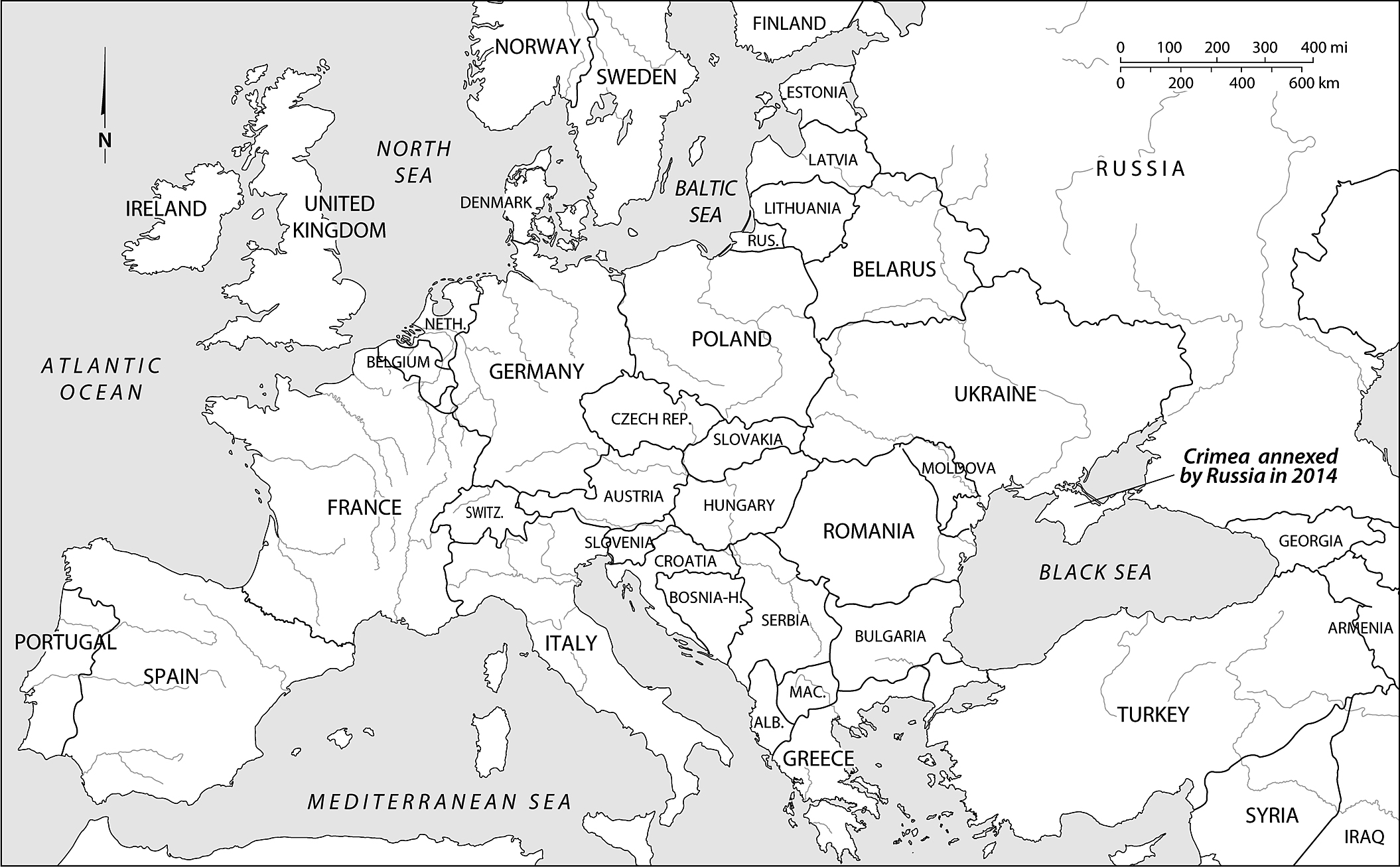
Political map of Europe. Map by Bill Nelson.
THE END OF EUROPE IS UPON US.
For twenty-five years, the attainment of a Europe whole, free and at peace has been the mantra of American and European statesmen. It remains a noble and important vision. Yet this goal is becoming a vanishing reverie. Great Britains decision to leave the European Union, an unprecedented move by a member state, has begun the blocs slow unraveling, emboldening nationalist forces across the continent. In Greece, the far-left Syriza plunges that country further into economic distress. Meanwhile in Hungary, right-wing nationalist prime minister Viktor Orbn busily constructs an illiberal democracy while a neo-Nazi party pushes his government further and further to the extreme. A vast migratory wave from the Middle East exacerbates preexisting tensions with Muslim communities, and nearly a decade after the 2008 economic crash, the Eurozone continues to experience near-zero growth. Russia, fresh from perpetrating the first violent annexation of territory on the European continent since World War II, forges on with a dizzying military buildup and casually talks about the use of battlefield nuclear weapons against NATO members.
This books title does not prophesize the literal dissolution of a continent or the demise of a supranational institution like the EU, though the latter is a real possibility. Rather, we are on the cusp of witnessing the end of Europe as we have known it for the past seven decades: a place of peace, stability, prosperity, cooperation, democracy, and social harmony. Europe today is breaking apart; it is increasingly undemocratic, economically stagnant, threatened by extremists of all stripes from the illiberal left to the authoritarian right, and slowly heading down the once unfathomable path to war. In some ways, the regions geopolitical turmoil evokes the perilous 1930s.
Hardly anyone predicted that, in 2014, Russia would perpetrate the first European land grab since World War II. Those who did warn of it, citing Moscows 2008 invasion of Georgia as a portent, were written off as paranoid Cold Warriors or provincial Russophobes. Even fewer would have thought conceivable an actual shooting war that has claimed some 10,000 lives, including nearly 300 holidaymakers on a passenger jet passing through the skies of eastern Ukraine. But then, few could have conceived in 1904the golden age of Einstein and Klimt, Mahler and Freud, Gropius and Debussythat within ten years the European continent would be plunged into an abattoir of mechanized destruction and endure an even more horrific catastrophe less than three decades later.


